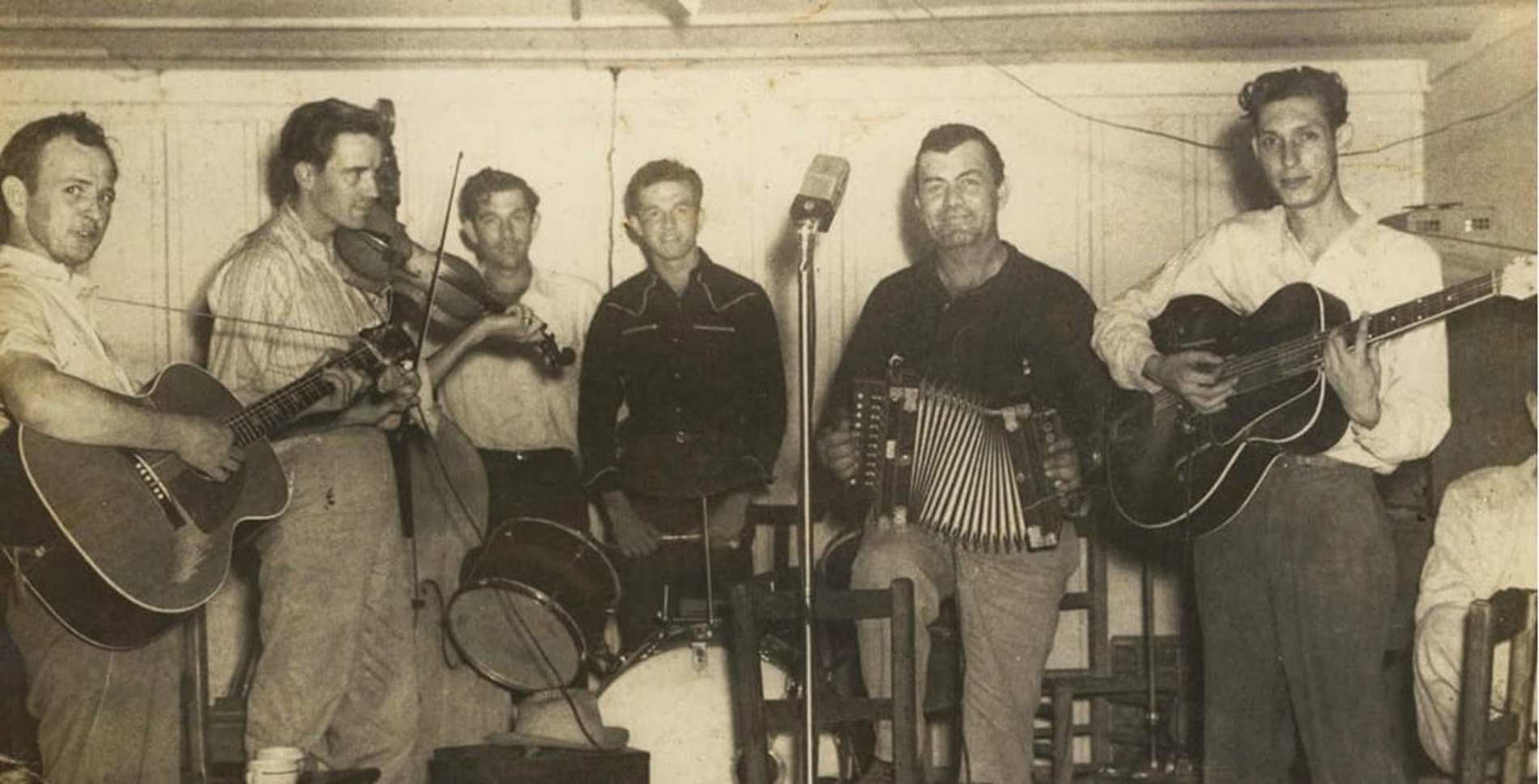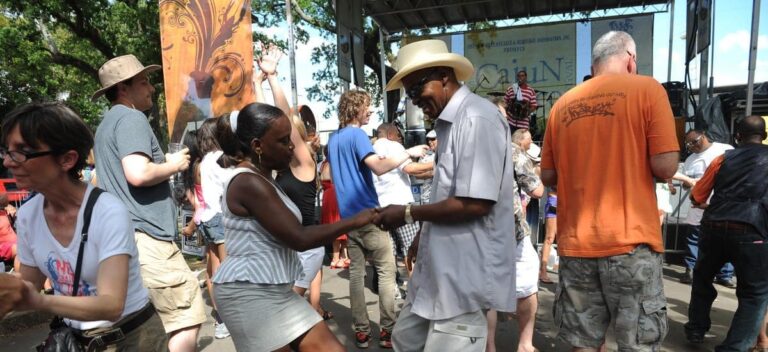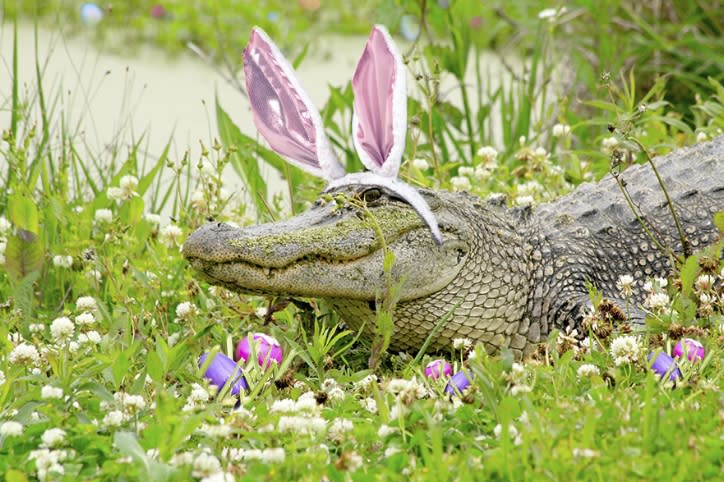The history of Cajun music is a long, winding, and emotional one—from the good times to the bad times, Cajun music has made its mark on the culture of south Louisiana, and of Louisiana as a whole. It has produced a unique experience, as diverse as the people of Louisiana, and just as culturally influential.
Cajun music traces its roots all the way back to the French, Spanish, and especially Acadian settlers (les Acadiéns, the descendants of French-speaking settlers of Canada, who would eventually be known as Cajuns). The first permanent settlements in current-day south Louisiana, in the 1760s, brought the unaccompanied ballad as a popular form of music in the day. Songs of love, betrayal, and humor that had been passed down through the generations made their new homes in Louisiana, often sung at events like weddings and funerals. The performance of the ballad was accompanied by family, food, and friends, which are strong traditions in Cajun music still today.
The introduction of the accordion in the late 19th century made a significant impact on Cajun songs. The accordion is the most recognized instrument associated with the style of music even today. A Louisiana Saturday night is not complete without the presence of these ever-popular Cajun music instruments, which paved the way for the upbeat Cajun and Zydeco of today by introducing waltzes, two steps, and dance halls.
Today, Cajun music takes influences from a wide variety of genres, especially rock, blues, and R&B, but the exchange is mutual: the music has more exposure than ever, with many outside of Louisiana having the opportunity to hear Cajun songs for the first time and to reflect its influences on their own music. Cajun music enjoys an enduring legacy both inside and outside of Louisiana, as the dance halls continue to rock on Saturday nights and show no sign of stopping.








